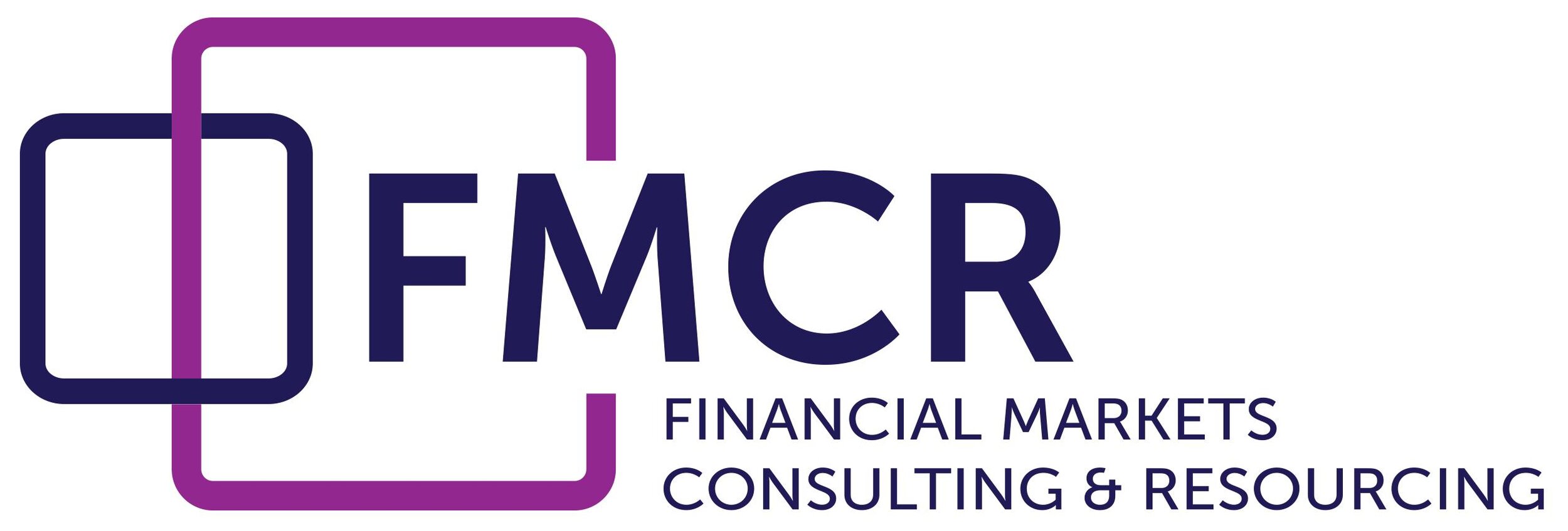The FCA and PRA publish papers on Algorithmic Trading
Algorithmic Trading Compliance in Wholesale Markets
The FCA has published a thematic review for FCA solo-regulated firms on algorithmic trading. Their report summarises five key areas of focus, highlighting good and bad practices.
The key areas of focus are:
Defining algorithmic trading, including the management of ‘material changes’ and the maintenance of a comprehensive inventory of algorithmic trading across the business.
Development and testing through well understood processes which identify potential issues across algorithms prior to full deployment.
Development of suitable and robust pre and post trade controls to monitor identify and reduce potential trading risks across algorithmic trading
Maintenance of an appropriate governance and oversight framework which demonstrates effective challenge from senior management, risk management and compliance on algorithmic trading.
Ensuring firms consider the potential impact of algorithmic trading on market integrity, monitoring for potential conduct issues and reducing market abuse risks.
The review highlights aspects of good and poor practices in each of the five areas. Poor practices included:
Firms who conduct reviews on an ad hoc basis cannot demonstrate an appropriate and consistent development and testing framework.
Firms who don’t apply their development and testing process across all aspects of their business
Firms who are unable to provide effective MI to senior management on conformance testing, operational arrangements, pre-trade risk parameters and training and surveillance procedures prior to deployment
Firms who do not formally log incidents/breaches and fail to provide MI reports to senior management, to help identify potential emerging issues and risks.
Firms who apply controls broadly across multiple clients or algorithmic trading strategies and cannot demonstrate the effectiveness of those controls.
Firms where senior managers are not able to demonstrate the required knowledge to be able to provide effective challenge to front line algorithmic trading operations
Risk functions who are not fully involved in the development and testing process and cannot demonstrate the requisite knowledge to provide suitable challenge.
Compliance functions who are unable to demonstrate that compliance staff have sufficient technical knowledge to oversee and monitor algorithmic trading activity.
Development procedures which predominantly focus on operational effectiveness and do not consider market conduct considerations and market integrity.
PRA consults on the Framework for the Risk Management and Governance of Algorithmic Trading
In tandem with the FCA thematic review, the PRA has published a consultation paper, CP 5/18, on algorithmic trading, that is relevant to firms regulated by both the PRA and the FCA.
The consultation paper sets out the PRA’s expectations of firms’ governance and risk management processes in respect of algorithmic trading.
The CP sets out its proposed expectations in five areas:
Governance: A firm’s governing body is expected to explicitly approve the governance framework for algorithmic trading and its management body should identify the relevant Senior Management Function(s) with responsibility for algorithmic trading.
Approval process (by firms): Firms should have a robust algorithm approval process and a minimum set of risk controls.
Testing and deployment: Algorithm testing should involve all relevant risk and control functions and be carried out at a frequency, and with a level of rigour, commensurate with the risks the firm could be exposed to.
Inventories and documentation: Firms should have and maintain algorithm and risk control inventories.
Risk Management and Other Systems and Control functions: Risk Management should have the authority to challenge existing risk controls and impose additional risk controls on algorithmic trading where appropriate.
The consultation closes on 7 May 2018.
Following the consultation the PRA proposes to publish a supervisory statement which will take effect on 30 June 2018; the date of implementation of the EBA revised guidelines on internal governance and the joint ESMA and EBA guidelines on the assessment of the suitability of the management body and key function holders.
